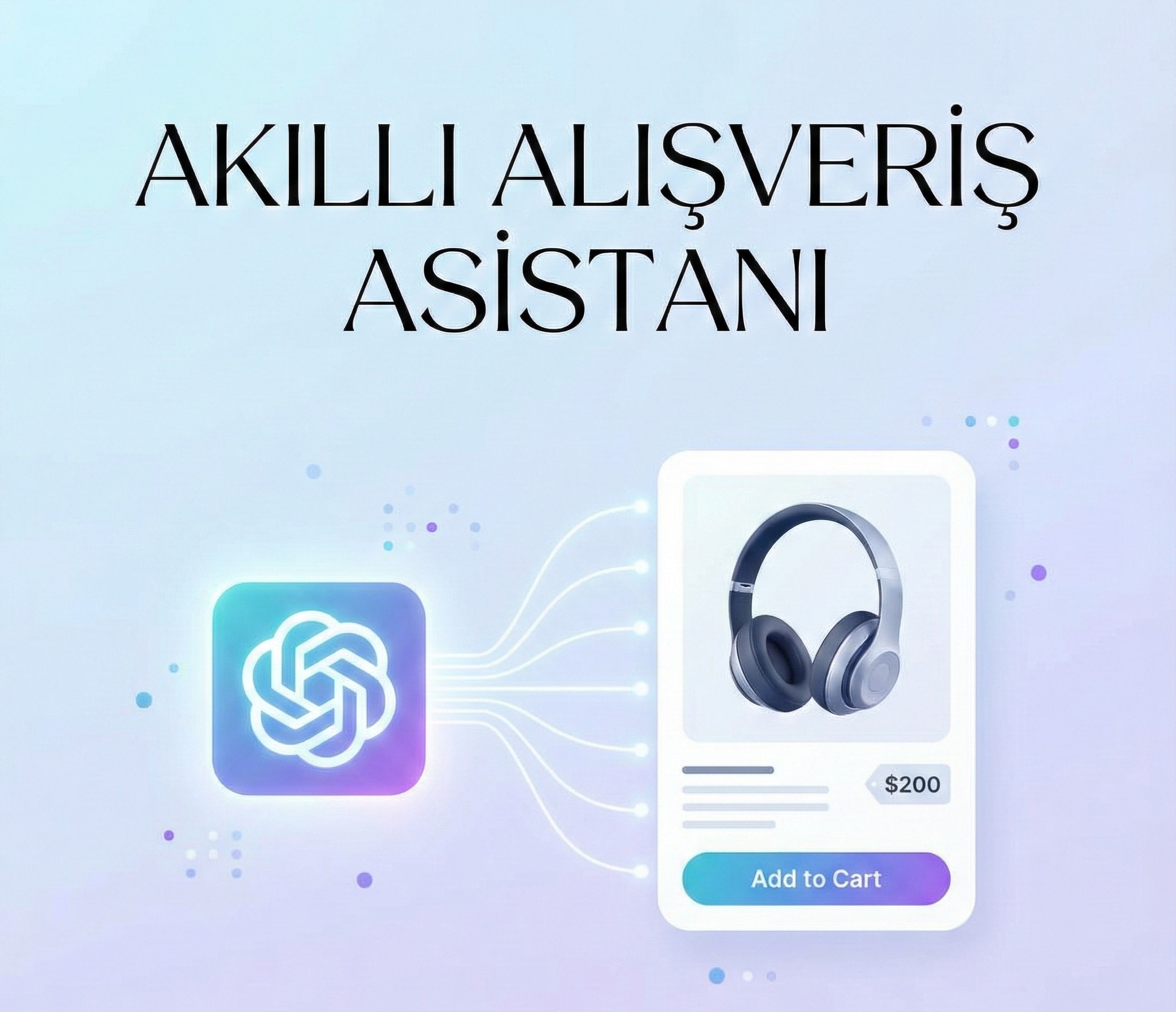HTC has showcased its ambition in the next-generation wearable technology field with the VIVE Eagle. This headset, notable for its lightweight design, powerful AI features, and advanced hardware, stands out especially for its ability to provide real-time translation in 13 languages. Users can activate the glasses’ AI capabilities simply by saying the command “Hey VIVE.”
HTC VIVE Eagle Smart Glasses: Hardware and Design
Weighing only 49 grams, the HTC VIVE Eagle is built on the Qualcomm Snapdragon AR1 Gen 1 platform. With 4 GB of RAM and 32 GB of internal storage, it supports everyday use. The headset does not have a display; instead, it features a 12 MP ultra-wide camera, open-ear speakers, and a microphone system. ZEISS branded sunglasses lenses and frame options in red, brown, gray, and black offer both stylish and functional use.
VIVE Eagle Smart Glasses: Battery and Charging
With a 235 mAh battery, the device offers up to 36 hours of standby time and 4.5 hours of continuous music playback. Thanks to fast charging support, it can reach 50% charge in just 10 minutes—a significant advantage for users with active lifestyles.
AI-Powered VIVE Eagle: Price and Availability
Initially launched in the Taiwan market, the HTC VIVE Eagle is priced at 15,600 TWD (approximately 480–520 USD). While no official release date has been announced for Turkey or Europe yet, HTC has plans to expand to global markets.
New Competition in the AI-Enabled Smart Glasses Market
The VIVE Eagle is positioned to compete with Meta’s Ray-Ban models. With its lightweight design, powerful translation capabilities, AI-powered command system, and privacy-focused structure, it aims to attract users’ attention. Its hardware strength and practical features make it a useful assistant in daily life, and it looks set to intensify competition in the AI-enabled smart glasses market.





